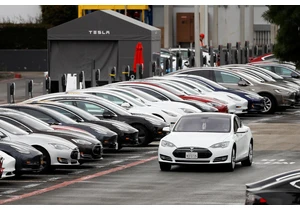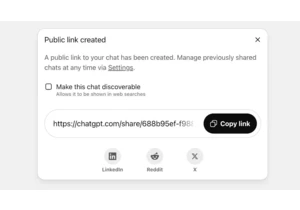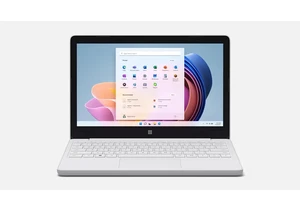Google says it will sign the European Union’s new AI Code of Practice, which provides a framework for compliance with the EU’s AI Act. The act itself was passed in 2024, but its many provisions will take months to years to come into effect. The non-binding Code of Practice is a voluntary measure intended to help ensure that companies generally meet the obligations laid out by the Act in the meantime.
In a blog post announcing Google’s participation, the tech giant shared some skepticism about the AI Act’s impact on the technology in the EU. The statement reads in part, "While the final version of the Code comes closer to supporting Europe’s innovation and economic goals than where it began — and we appreciate the opportunity we have been provided to submit comments — we remain concerned that the AI Act and Code risk slowing Europe’s development and deployment of AI."
Just recently, Meta said it would not be signing the Code of Practice. The company’s chief global affairs officer, Joel Kaplan, called the Code an "over-reach." In a statement, Kaplan said, "Europe is heading down the wrong path on AI."
The EU’s AI Act is the first of its kind from a major regulator and is comprehensive in its approach. Meanwhile, the United States is in the earliest stages of determining its approach to AI regulation.
Obligations under the EU’s AI Act are being implemented in a staggered fashion, though rules governing general‑purpose AI (GPAI) models will apply on August 2, 2025. Any models brought to market before then must be fully compliant with the rules by August 2, 2027. The current implementation timeline lists assessment and enforcement steps as far out as August 2031.
This article originally appeared on Engadget at https://www.engadget.com/big-tech/google-will-sign-eus-ai-code-of-practice-140741058.html?src=rss https://www.engadget.com/big-tech/google-will-sign-eus-ai-code-of-practice-140741058.html?src=rssMelden Sie sich an, um einen Kommentar hinzuzufügen
Andere Beiträge in dieser Gruppe

Whew, it's been a crazy few weeks for us at Engadget. School may still be out, but there's no summer break for the steady stream of new gadgets coming across our desks. I'll forgive you if you miss

Instagram is no longer allowing public accounts to go live if they have less than 1,000 followers. Users have been reporting over the past few days that their accounts aren't eligible for Live broa

Welcome to our latest recap of what's going on in the indie game space. A bunch of new games dropped this week that are more than worthy of your attention, including a modern take on an old-school



OpenAI has removed a feature that made shared ChatGPT conversations appear in search results. The "short-lived experiment" was based on the chatbot's link creation option. After complaints, OpenAI'

Microsoft is ending support for its ChromeOS competitor Windows 11 SE. The company will officially stop providing "software updates, technical assistance and security fixes" in October 2026, accord
